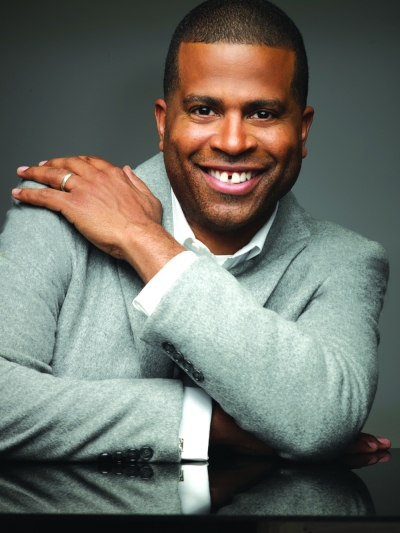Why Small Group Learning Is the Answer to Bible Illiteracy

Several researchers have established the argument that Christian disciplines are best practiced in group settings. One notable voice on this matter is Eric Geiger, Vice President of LifeWay Research.
He wrote, "We surveyed regular group attenders and non-group attenders about their daily spiritual lives — specifically, the time they spend outside of church and church-related activities. We found that group attenders were much more likely than non-group members to read their Bible regularly — 67 percent compared to only 27 percent. Being involved in a small group made it more than twice as likely that a Christian would be regularly reading God's Word."
If this statistic is true, then we need to strategically process how to get churches to utilize small group gatherings for the public reading of Scripture.
Most of early Christianity was practiced in small groups. We have examples like Jesus and the twelve disciples, the daily gatherings noted in Acts chapter 2, and the formation of monastic communities. In the fourth century B.C., a philosophy was established in Greek culture that the life of the individual and their decisions did not need to be accepted by society. Their individual thoughts became sovereign over societal norms. This ideology had squeezed its way into the church at that time, and is still found in today's practice of Christianity. The church still sees the effects of individualism warring against gospel maturity and the early church's practice of small group learning (Mark 2:15, Acts 1:13).
Jesus Christ and His disciples had it right: the group learning method of doing what you love together is the best road for recovery.
LifeWay Research pointed out in a study that 1 out of 5 people who attend church never read the Bible. This is an audience that has a sincere desire to serve Jesus Christ, but fails miserably in Bible literacy because they are expected to accomplish this task on their own.
As a pastor in New York City, I too am guilty of instructing people to open their Bibles in an individual setting as the sole method of scripture engagement. In the fastest city in the world, I am expecting time-bankrupt people to make a regular time deposit with scripture engagement with no assistance. It takes about 71 hours for an average reader to read through the entire Bible, but few people have the discipline to complete this exercise on their own. What this creates is repeat offenders of God's command to meditate on His word day and night (Joshua 1:8 and Psalm 1:2).
I go through the Bible every year with a group of friends at a group public reading scripture gathering in Manhattan, New York. I am humbled to say that this group is one of the most biblically knowledgable people in all of New York. We laugh, fellowship, eat breakfast together, and listen to the Word of God while following along in our Bibles. It is amazing how the experience is collective, and yet we hear from God individually. Heads nod and pens come out while the word of God speaks into people's lives and jogs thoughts as participants take notes. As a pastor I find biblical illustrations that would be hard to find if my total Bible experience was engaged sitting alone.
I highly recommend that all of Christianity take a close look at all the data and consider the best path to Christian maturity. I believe the best approach is the one modeled by Jesus Christ and the early church fathers: small group experiences in which people can read, hear, learn, and grow from the word of God.




























